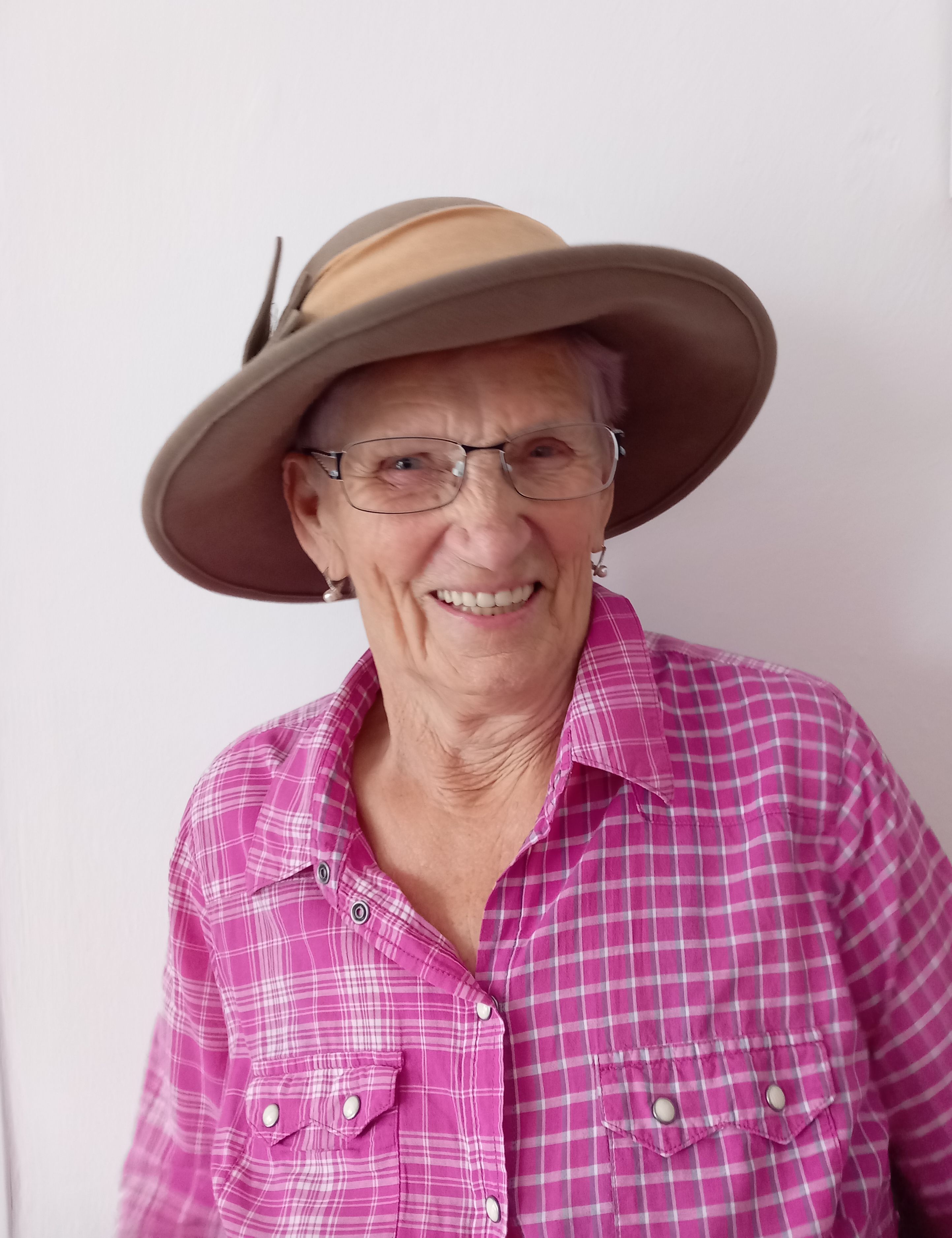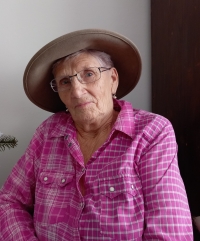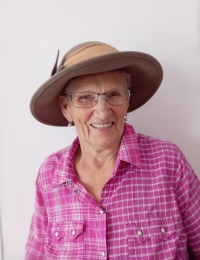If it weren’t for good neighbors, they’d starve to death

Download image
Elen Fraňková was born on 1 May 1941, the youngest of four children of Rosálie and Ondřej Filiapjak in the small village of Línia in central Slovakia. She came from very poor circumstances. The family lived on a small farm. When Elen was about one year old, the German army invaded the village and looted their farm. The father, who defended the family and the livelihood, was beaten so badly that he died within a few days. After that, the family experienced real poverty. It was only thanks to the support of others in the village that the family managed to see the end of the war. After the war, Elen started primary school. The difficult family situation did not allow her to go to school regularly. From about the age of 11, like her siblings, she had to work for local farmers instead of attending school. In 1959, she came to Šumava for a temporary job, where she met her future husband Josef Fraňek, a forester at Nové Huty. They married in 1960 and had a daughter Martina and later a son Ladislav. In 1961, a tragedy happened in Josef Fraňek’s sister’s family. Sister Božena Sviňková and her father were shot by her sister’s husband Karel Sviňka, who then committed suicide. They left behind a few months old son Rostislav. Elen Fraňková and her husband did not hesitate and adopted their little nephew. Since the 1960s, the witness worked and lived in the border region of Šumava. She never joined the Communist Party of Czechoslovakia (KSČ). At the time of filming (2024) she lived in Borová Lada.


